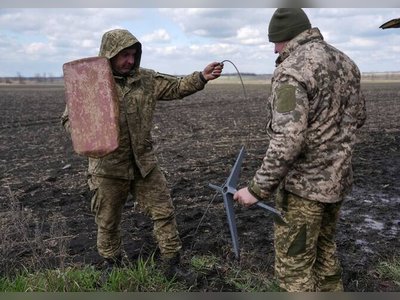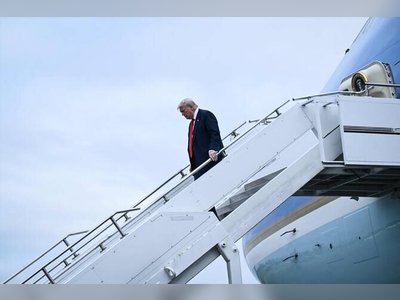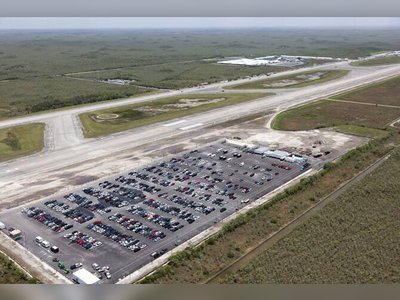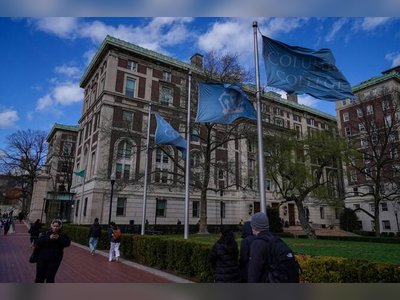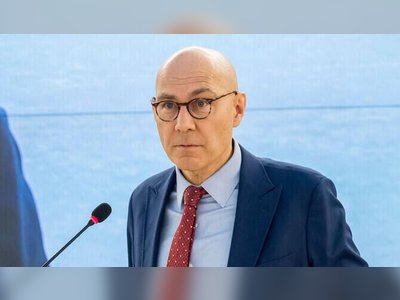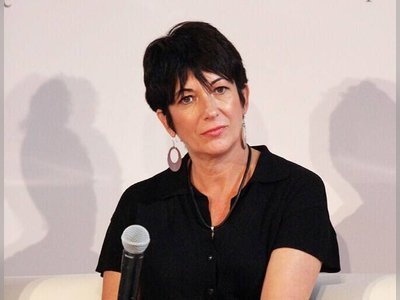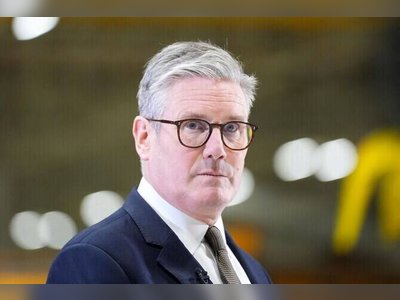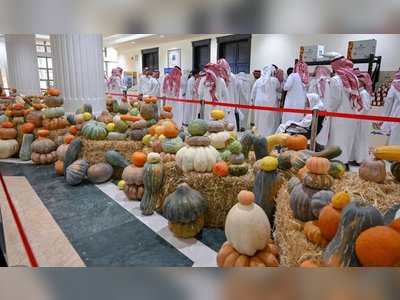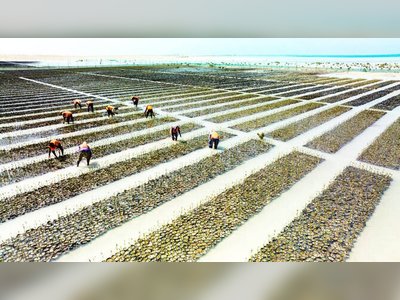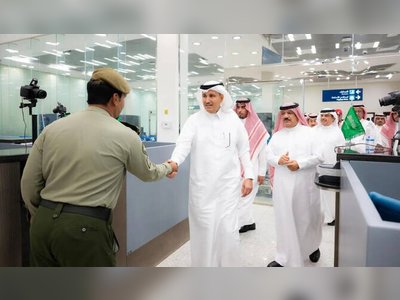
Syria Formalizes Adoption of Saudi Investment Protection Agreement
Move Seen as Key Step in Syria's Economic Revival Efforts with Saudi Support
In a significant move towards economic reconstruction, Syria has officially adopted an investment protection agreement developed by Saudi Arabia.
This agreement aims to foster investor confidence and encourage foreign investments into the country.
The adoption was announced during the Syrian-Saudi Investment Forum 2025, highlighting the collaborative efforts between both nations to stimulate economic growth.
The agreement's implementation is seen as a pivotal moment for Syria, which seeks to revitalize its economy with the support of Saudi expertise known for driving substantial transformations across various sectors.
This development comes at a time when Syria is looking to rebuild and rejuvenate its economy after years of turmoil.
Eng.
Khalid Al-Falih, the Saudi Minister of Investment, expressed optimism regarding Syria's economic prospects, noting the country's strong desire to attract investments and identify new opportunities for growth.
He emphasized the importance of transparency and investor guarantees in fostering a conducive environment for investment.
Syria's Minister of Economy, Mohammad Al-Shaar, underscored the historical significance of this moment, pointing out that the country had been waiting for decades to establish a genuine economic partnership with Saudi Arabia.
He highlighted the transformative economic model pursued by Saudi Arabia as an example worth emulating.
The Syrian government plans to ensure a secure investment environment through constitutional guarantees, investment laws, and the adoption of the Saudi-developed foreign investment protection framework.
This approach is aimed at providing clarity and stability for potential investors.
Tourism Minister Mazen Al-Salehani announced the development of new hotels and resorts in Syria, emphasizing the country's rich archaeological and heritage sites.
He also mentioned a growing interest in 'return tourism,' which involves Syrians abroad revisiting their homeland to reassess past assets and reinvest.
The preparation for these developments includes community engagement strategies, ensuring that local populations are involved in building the future through tourism projects.
Mohammed Abunayyan, Chairman of the Saudi-Syrian Business Council, praised Syria's comprehensive economic vision and the Kingdom's efforts to form international investment coalitions aimed at investing in Syria.
He reaffirmed Saudi Arabia's commitment as a long-term partner rather than a short-term trader.
Talal Al-Hilali, Director General of the Syrian Investment Authority, affirmed the country's dedication to working closely with Saudi Arabia to ensure investor confidence and provide business certainty.
He identified protecting investors and ensuring business stability as top priorities in Syria's economic strategy moving forward.
This agreement aims to foster investor confidence and encourage foreign investments into the country.
The adoption was announced during the Syrian-Saudi Investment Forum 2025, highlighting the collaborative efforts between both nations to stimulate economic growth.
The agreement's implementation is seen as a pivotal moment for Syria, which seeks to revitalize its economy with the support of Saudi expertise known for driving substantial transformations across various sectors.
This development comes at a time when Syria is looking to rebuild and rejuvenate its economy after years of turmoil.
Eng.
Khalid Al-Falih, the Saudi Minister of Investment, expressed optimism regarding Syria's economic prospects, noting the country's strong desire to attract investments and identify new opportunities for growth.
He emphasized the importance of transparency and investor guarantees in fostering a conducive environment for investment.
Syria's Minister of Economy, Mohammad Al-Shaar, underscored the historical significance of this moment, pointing out that the country had been waiting for decades to establish a genuine economic partnership with Saudi Arabia.
He highlighted the transformative economic model pursued by Saudi Arabia as an example worth emulating.
The Syrian government plans to ensure a secure investment environment through constitutional guarantees, investment laws, and the adoption of the Saudi-developed foreign investment protection framework.
This approach is aimed at providing clarity and stability for potential investors.
Tourism Minister Mazen Al-Salehani announced the development of new hotels and resorts in Syria, emphasizing the country's rich archaeological and heritage sites.
He also mentioned a growing interest in 'return tourism,' which involves Syrians abroad revisiting their homeland to reassess past assets and reinvest.
The preparation for these developments includes community engagement strategies, ensuring that local populations are involved in building the future through tourism projects.
Mohammed Abunayyan, Chairman of the Saudi-Syrian Business Council, praised Syria's comprehensive economic vision and the Kingdom's efforts to form international investment coalitions aimed at investing in Syria.
He reaffirmed Saudi Arabia's commitment as a long-term partner rather than a short-term trader.
Talal Al-Hilali, Director General of the Syrian Investment Authority, affirmed the country's dedication to working closely with Saudi Arabia to ensure investor confidence and provide business certainty.
He identified protecting investors and ensuring business stability as top priorities in Syria's economic strategy moving forward.
